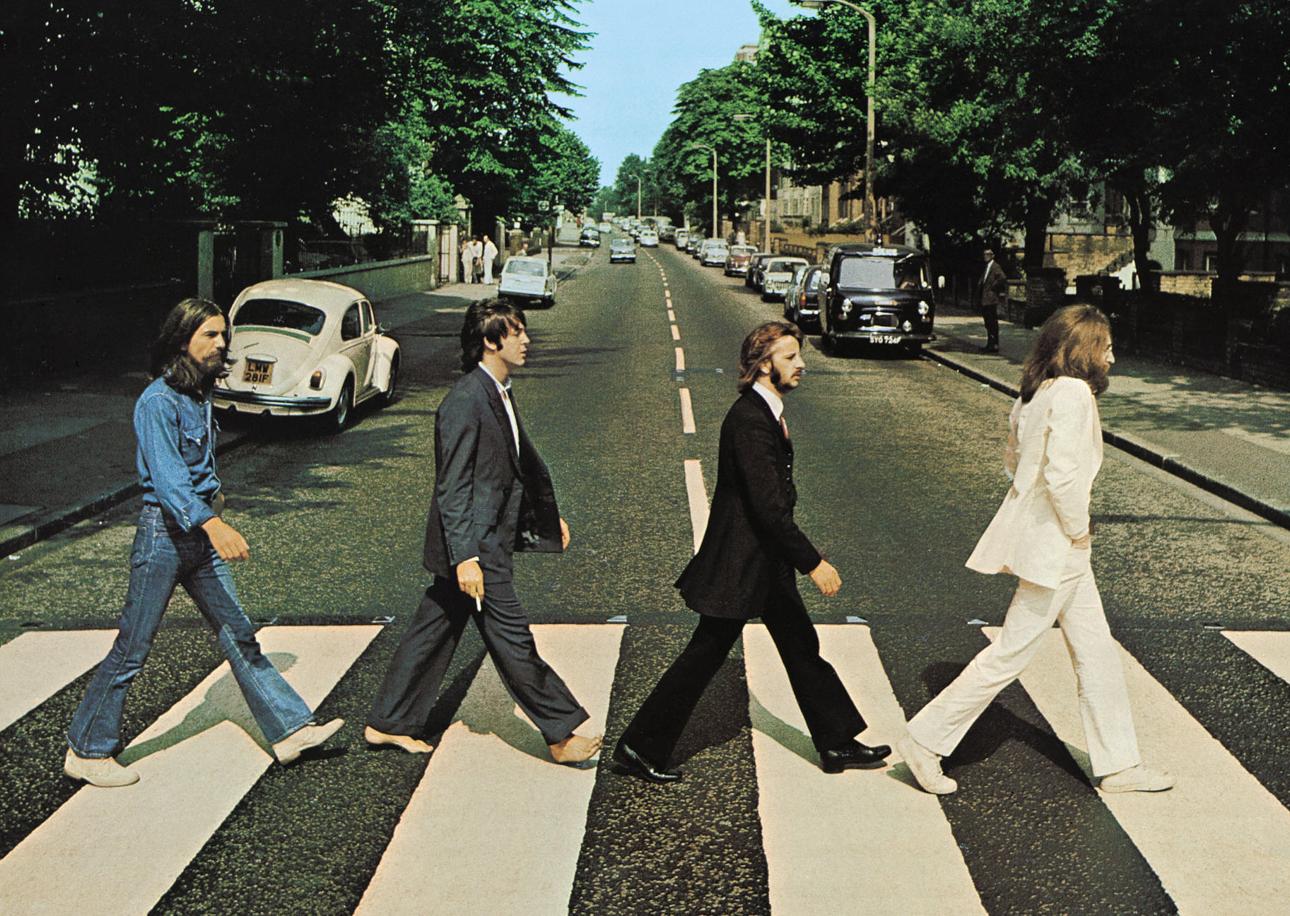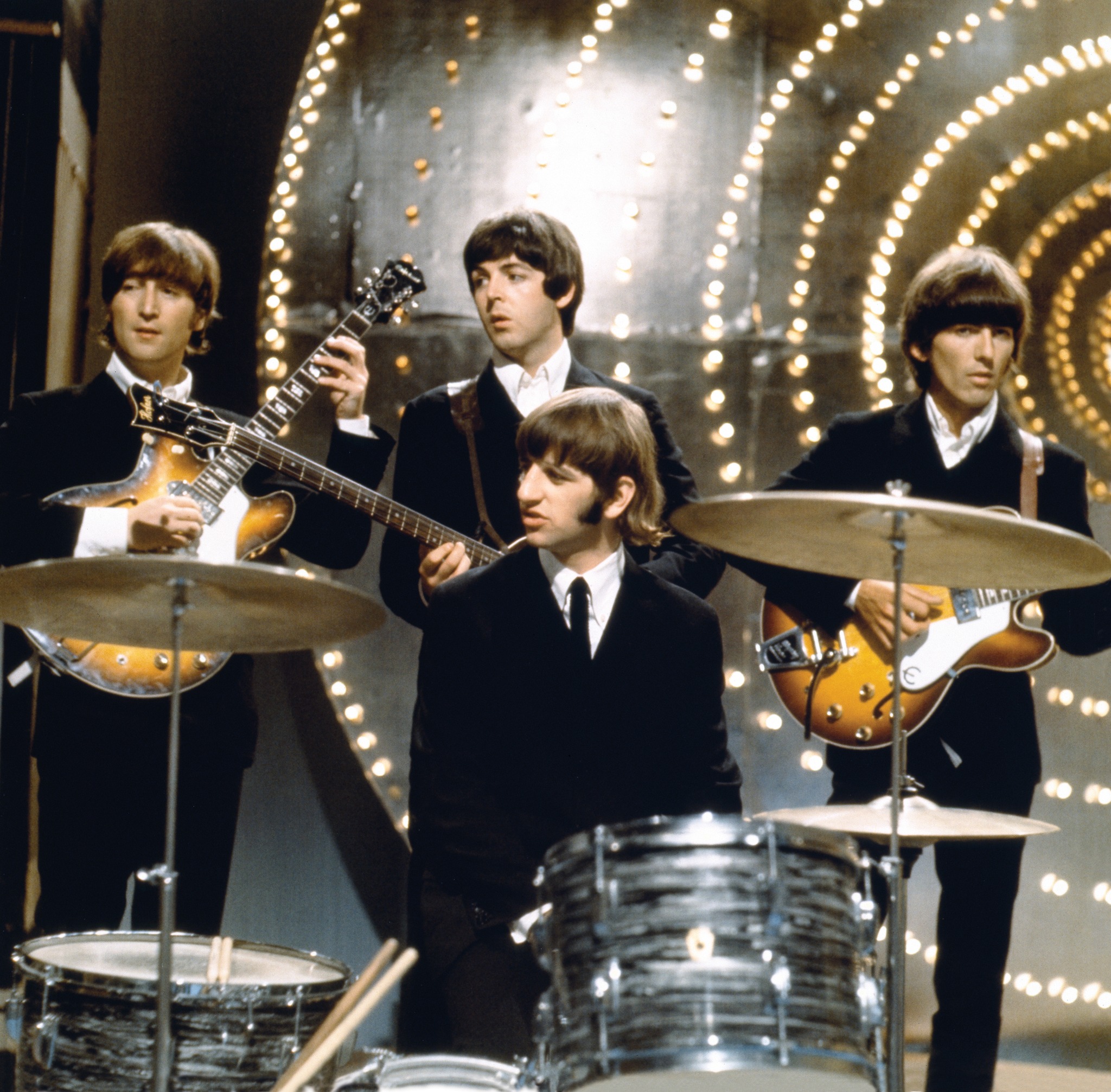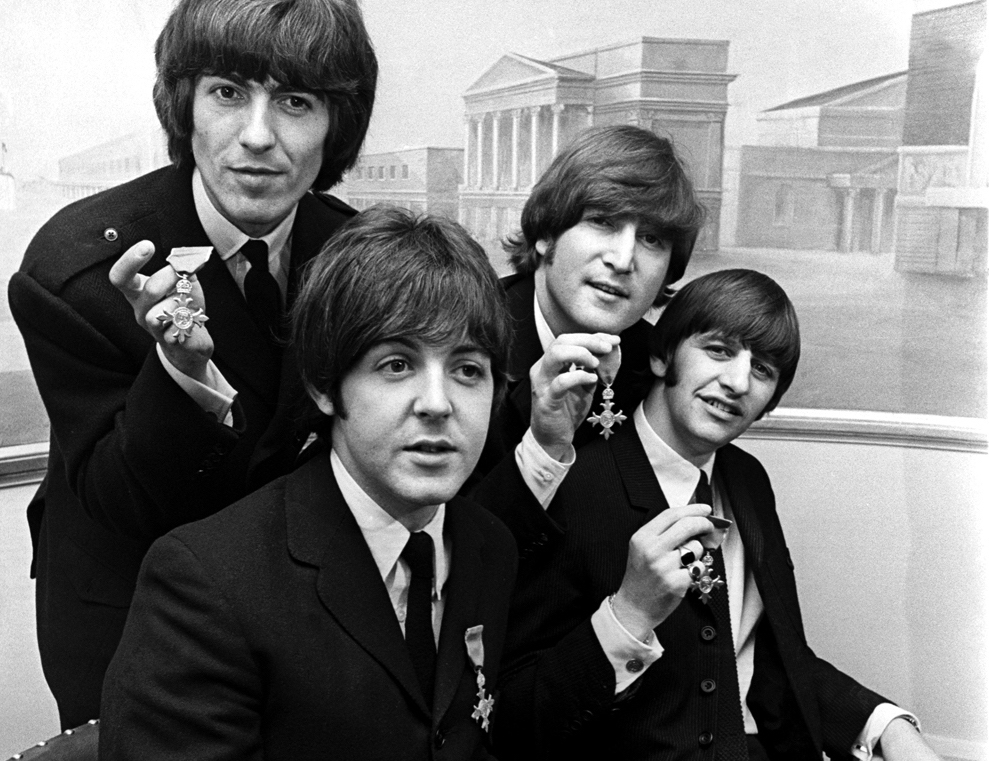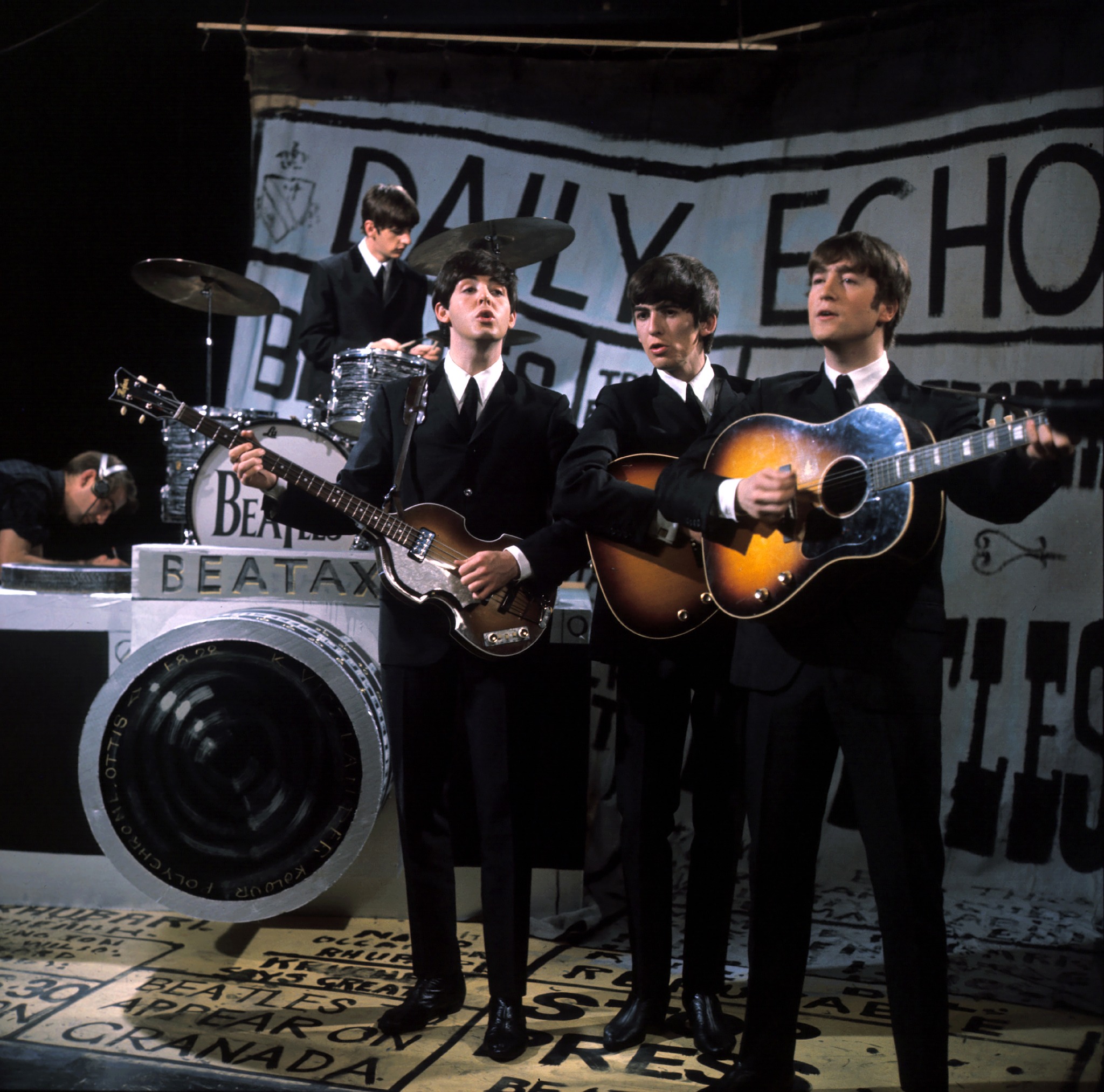9 Famous Thai Celebrities’ Cafes and Eateries in Thailand
A look at a list of Thai celebrities who own restaurants and ...

In an interview on BBC Radio 4’s “Today” program, Paul McCartney, former member of The Beatles reveals that artificial intelligence has played a pivotal role in the creation of what he dubs “the final Beatles record.”
Sir Paul disclosed that the song originated from a demo featuring the voice of John Lennon. While he kept the song’s title and lyrics under wraps, he delved into the process behind its resurrection.

Photo: Courtesy of The Beatles/FB
“When we worked on what would become the last Beatles record, it was a demo that Lennon had,” he explained. “Thanks to AI technology, we were able to extract his pristine voice, allowing us to mix the record in a traditional fashion.”
Although Sir Paul didn’t explicitly name the song, all signs point to it being “Now and Then,” a composition by John Lennon in 1978. This particular track had been considered a potential “reunion song” for The Beatles Anthology series in 1995.
The demo found its way to Sir Paul through Lennon’s widow, Yoko Ono, who shared it with him a year prior. Enclosed within a cassette tape labelled “For Paul,” the tape featured several songs that Lennon had recorded shortly before his untimely passing in 1980.
Recorded in a lo-fi and embryonic manner, most of these tracks showcased Lennon seated at a piano in his New York apartment, with the recordings captured on a humble boombox. Despite their raw and intimate nature, they stand as a testament to Lennon’s creativity and offer a glimpse into the artistic process of one of music’s most influential figures.

Photo: Courtesy of The Beatles/FB
Guided by producer Jeff Lynne, two of those tracks, “Free As A Bird” and “Real Love,” were refined and released in 1995 and 1996, representing the first new material in 25 years,” a heartfelt love song that captured Lennon’s characteristic style during his later career. However, the session for this song was abruptly abandoned. Jeff Lynne recalled, “The song had a chorus but was almost entirely devoid of verses. We managed to create a rough backing track, but we never truly completed it.”
Sir Paul McCartney revealed that George Harrison declined to collaborate on the song due to concerns about the sound quality of Lennon’s vocals. He added, “It lacked an enticing title and needed some reworking. However, it had a beautiful verse with John singing it. George didn’t resonate with it. As The Beatles were a democracy, we decided against pursuing it.”
Throughout the years, Sir Paul has consistently expressed his desire to complete the song. In a 2012 BBC Four documentary on Jeff Lynne, he mentioned, “That one’s still floating around. So I’m planning to collaborate with Jeff and bring it to completion, one of these days.”
Thanks to technological advancements, it appears that the musician has now turned his wish into reality. The turning point occurred during the production of Peter Jackson’s Get Back documentary when dialogue editor Emile de la Rey employed cutting-edge computer skills to distinguish The Beatles’ voices from background noise and even their own instruments, resulting in impeccable audio quality.

Photo: Courtesy of The Beatles/FB
This process also enabled Sir Paul to virtually perform a duet with Lennon during his recent tour and facilitated the creation of new surround sound mixes for The Beatles’ iconic Revolver album last year. These developments underscore the power of technology in enhancing the musical experience and opening up new realms of possibility.
The AI technology was employed to isolate John Lennon’s voice and piano in a demo, enabling the extraction and refinement of Lennon’s vocals for what could potentially be the last Beatles record. Expressing a mix of excitement and concern about the future implications of AI, Sir Paul acknowledged its potential to create tracks featuring deceased artists. The discussion took place in anticipation of the release of Sir Paul’s new book and photography exhibition, titled “Eyes Of The Storm,” which showcases his personal portraits taken during the Beatles’ rise to international stardom between December 1963 and February 1964.
As the release date draws near, fans eagerly anticipate the unveiling of this historic collaboration between timeless legends and cutting-edge technology, marking an exciting chapter in The Beatles’ legacy.
A look at a list of Thai celebrities who own restaurants and ...
These top 5 barber shops in Bangkok are where gentlemen can elevate ...
Saturdays are already made for Salmon, now there's even more reason to ...
A detailed guide to hiking the Naga Cave, combining physical challenges with ...
While traditional TV shows are serving us endless boy-meets-girl tales. Thailand has ...
Sailorr and Molly Santana’s black grills fuse hip-hop swagger with homage to ...
Wee use cookies to deliver your best experience on our website. By using our website, you consent to our cookies in accordance with our cookies policy and privacy policy